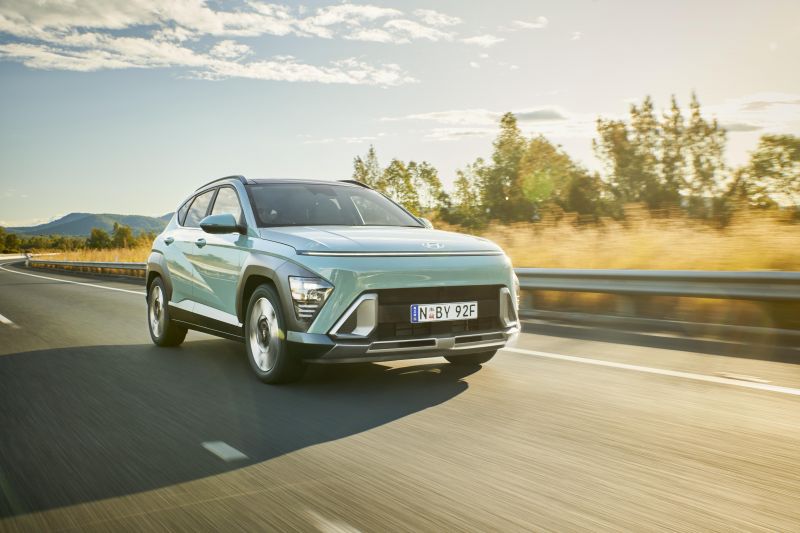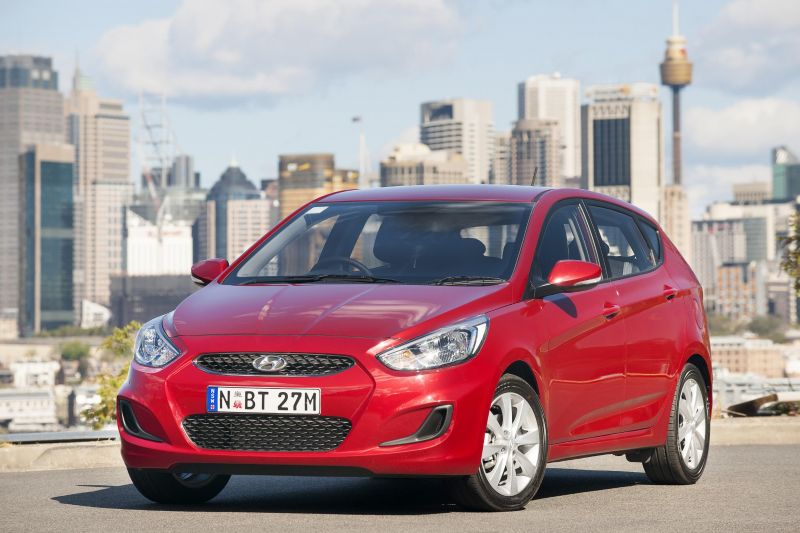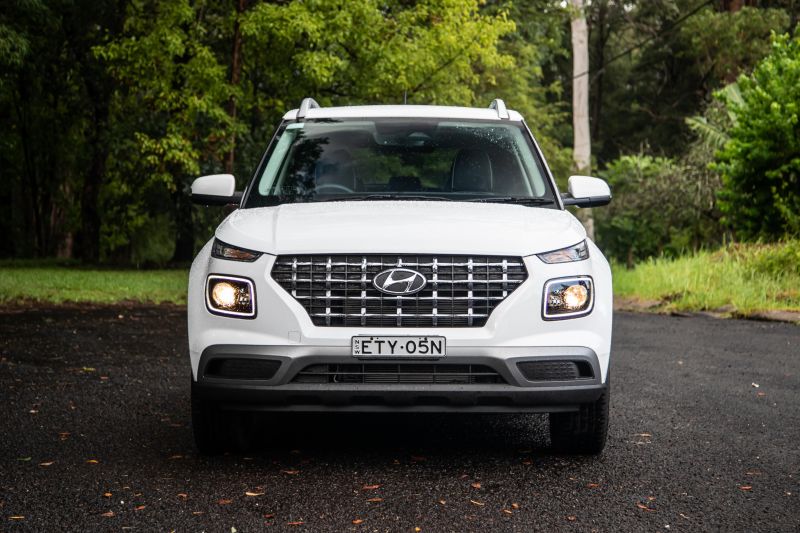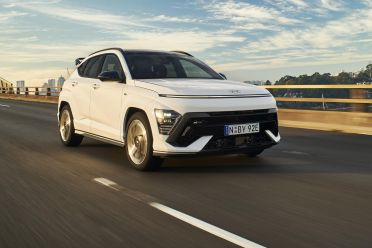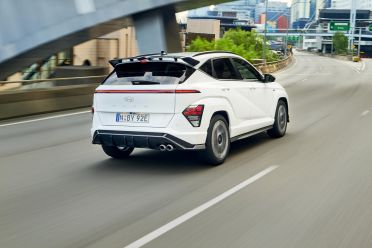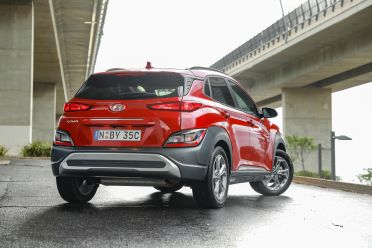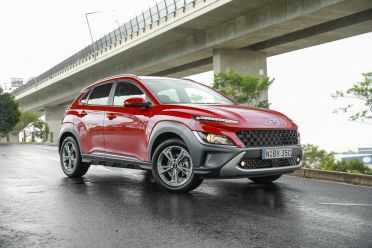Hyundai has a plan to get back to the 100,000 annual sales mark in Australia, but it’s not going to happen overnight.
Hyundai Australia chief operating officer John Kett recently shared with media his vision to return the brand to the sales heights it enjoyed in 2014, 2015, and 2016 – and it doesn’t involve ultra-cheap drive-away deals, or massive fleet sales.
Its sales have slid since then, and in 2022 it was beaten on the full-year sales charts by Kia for the first time.
That trend has continued throughout 2023, with Kia currently sitting 1453 sales ahead of its bigger brother on the year-to-date VFACTS charts.
Mr Kett confirmed what we already knew, telling media “we don’t like it” when Kia sells more cars.
But he also expressed caution about chasing numbers purely for the sake of it, arguing Hyundai “nearly killed everyone” to hit 100,000 sales in 2016.
“No-one made any money, and no-one can remember us for it – especially consumers – because they were all sold to fleets,” Mr Kett said.
Hyundai’s best seller in 2016 was the i30 hatch (starting price $21,450), followed by the Tucson SUV ($27,990) and Accent ($14,990).
Next time Hyundai celebrates 100,000 sales, Mr Kett says it’ll be in a way “that the customer felt like they got some value” and “our [dealer] network felt like they made some money”.
Mr Kett says with the right supply of the current range, and some choice additions to the line-up, Hyundai could achieve somewhere between 90,000 and 100,000 sales per year.
Although unwilling to commit to a firm deadline, the executive said he’s hoping to return to 100,000 annual sales by around 2026.
Crucial to hitting that figure is better supply of the city-sized Venue SUV and the bigger, more expensive new Kona.
“We’re playing with a chess set, and we don’t have [supply of] Kona. We’ve never really had it,” Mr Kett said.
“We’re playing with a chess set and we couldn’t get enough Venues, so our sub-$35k or $30,000 car we just don’t have enough of. In the chess set, we’re relying on too few products to deliver us that number.”
As for the role of fleets? Mr Kett ruled out a “majority” of sales going to fleets, and instead called for “complementary volume and long-term business relationships”.
















